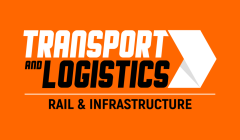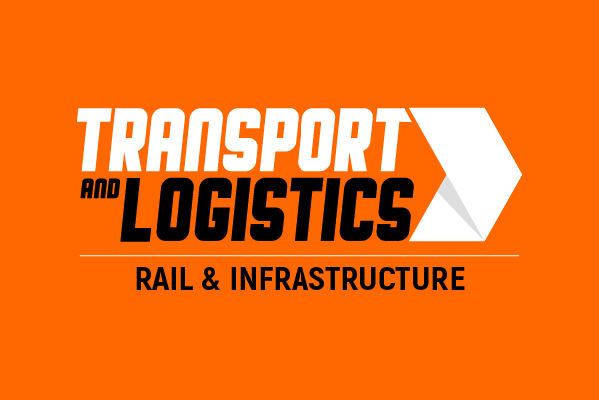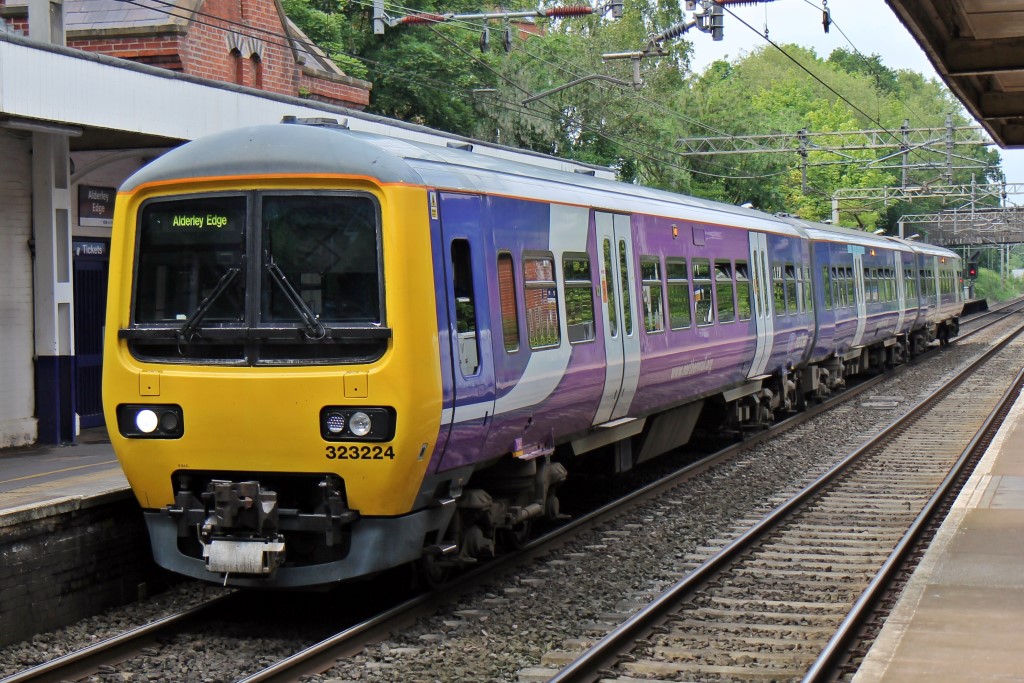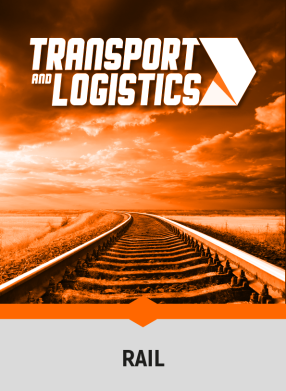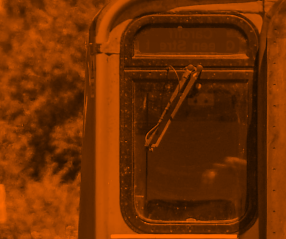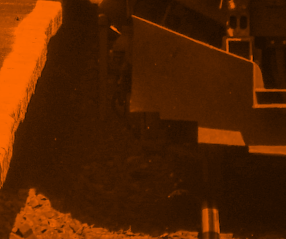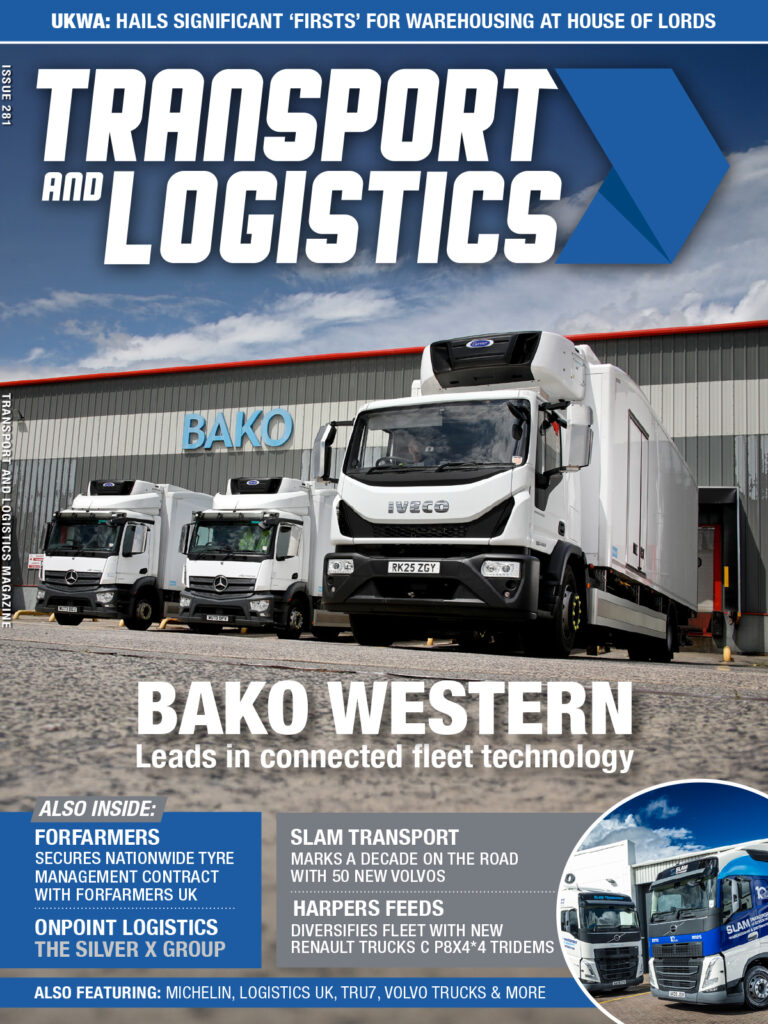A government minister admitted that Northern England’s transport system has suffered “long-term under-investment stretching back decades”. However, he also mentioned that the proposed £70 billion improvement plan might not be fully funded.
Andrew Jones, a junior transport minister, said there was a strong case for greater investment in the North but warned that other projects were competing for taxpayer funding. Business leaders from the region are firm about the fact that Northern Powerhouse Rail, a £39 billion scheme to improve train connections between the five biggest northern cities, should happen before London’s proposed Crossrail 2.
Expected to cost at least £26 billion, the Crossrail 2 project is partly funded by the capital, with businesses and commuters providing £6 billion. That is a third of the budget for Crossrail 1, which should open this year, through business rates and fares. However, Northern leaders believe their region is too poor to do the same.
Transport for the North, a statutory body that has drawn up the plan, points out that London is twice as rich. In 2017 its 8.8 million population had a £431 billion output, compared with the £344 billion produced by the North’s 15.5 million people. “We have had under-investment for decades. We cannot afford it in the North. We are not at that level of productivity,” said Tim Wood, director of NPR.
TFN has found that the full £70 billion transport scheme, which involves new road links and improvements to existing rail lines, would help to boost the region’s economy by £100 billion by 2050 and create 850,000 jobs.
“If there is only one cheque, it has to be NPR before Crossrail 2. It is about rebalancing the economy,” commented Steve Rotheram, mayor of the Liverpool city region. However, if London businesses are willing to part fund their project then they will go first. Andy Koss, chief executive of Drax, the UK’s biggest power station, which is 18 miles south of York, said businesses would be open to paying for improvements that benefited them.
